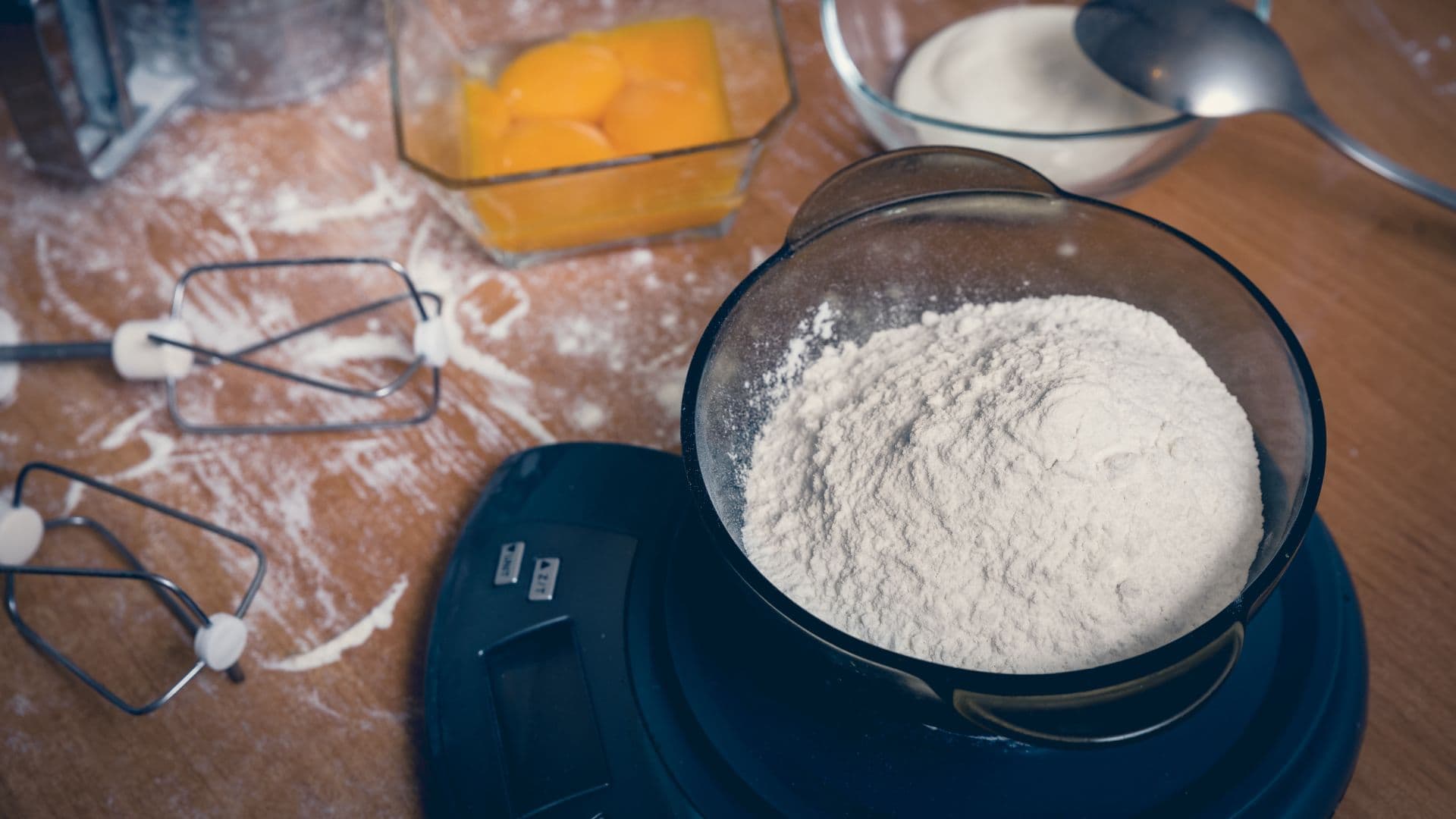The Kitchen Scale and Why Weight Matters
Discover why professional bakers rely on kitchen scales instead of measuring cups. Learn how this simple tool transforms your baking precision, reduces waste, and helps you achieve consistent results in every bread, cake, and pastry you create.

Learning Objectives
Introduction
Think about the last time you baked something that didn't turn out quite right. Maybe your bread was too dense, your cake too dry, or your cookies spread too much. While you might blame your technique or oven temperature, the culprit could be something much simpler: your measuring method.
For years, I understood that kitchen scales were important for baking precision, but it wasn't until I started using one regularly that I discovered just how versatile this tool truly is. Beyond baking, a scale has transformed how I approach everyday cooking tasks, from portioning ingredients to reducing waste.
The kitchen scale represents a fundamental shift in how we approach baking precision. Unlike the somewhat arbitrary and inconsistent system of cups and spoons, a scale gives you an objective, universal measurement that remains consistent regardless of who's doing the measuring or what's being measured. This simple tool – often overlooked in home kitchens – is the secret weapon that separates consistently successful bakers from occasionally lucky ones.
In this lesson, we'll explore why weight-based measurement revolutionizes your baking, how to choose the right scale for your needs, and practical techniques that will transform your approach to recipes. While general cooking thrives on understanding principles and using intuition, baking demands precision. The scale is your bridge to understanding the science of baking while still allowing creativity within those scientific parameters.
Stay Updated with KotiChef
Subscribe to our newsletter to be the first to know about new features, lessons, recipes and tools. We'll keep you informed about everything we're cooking up.